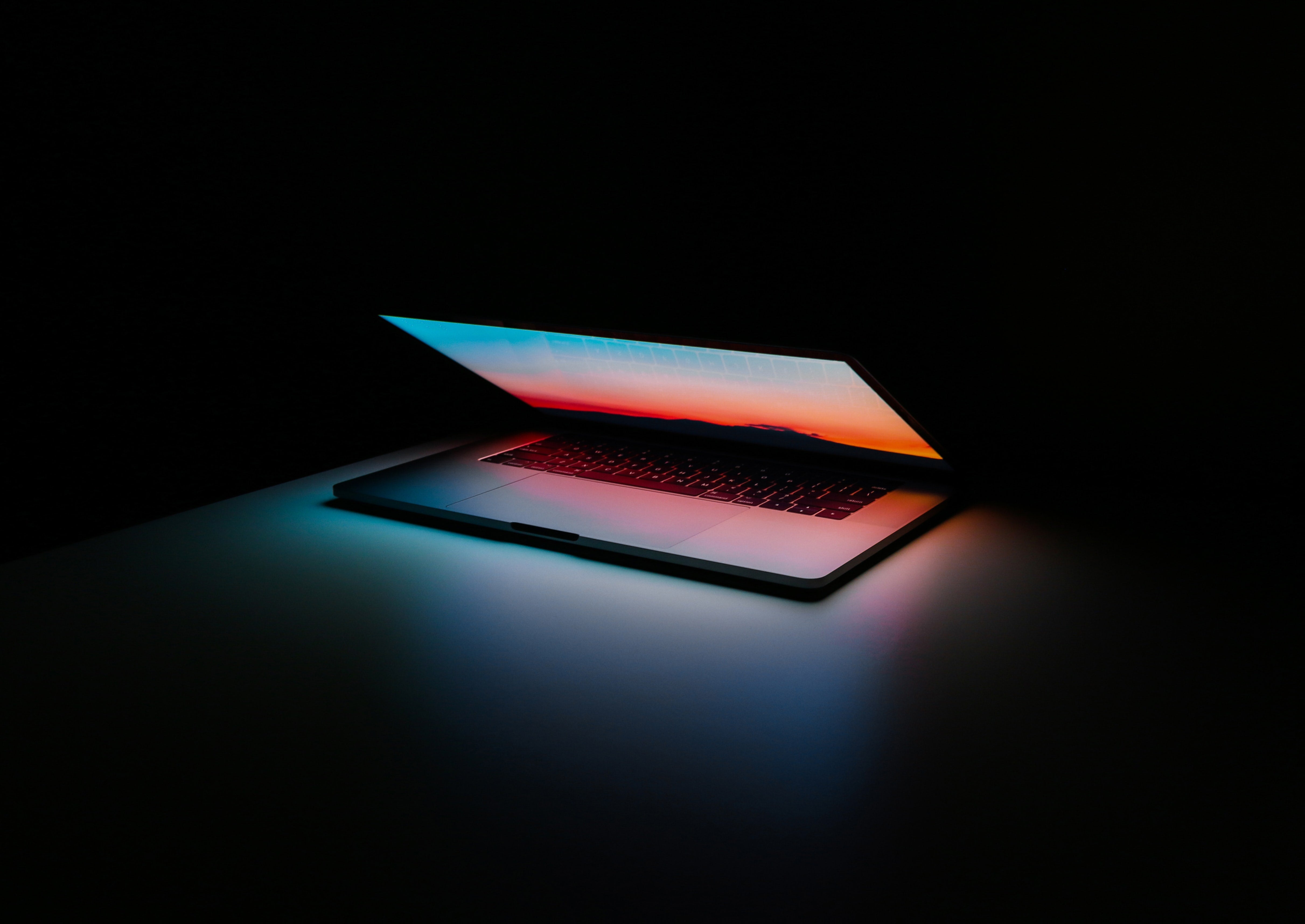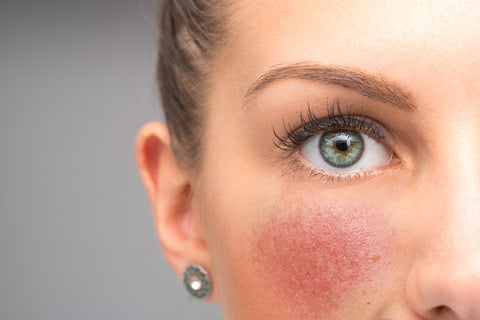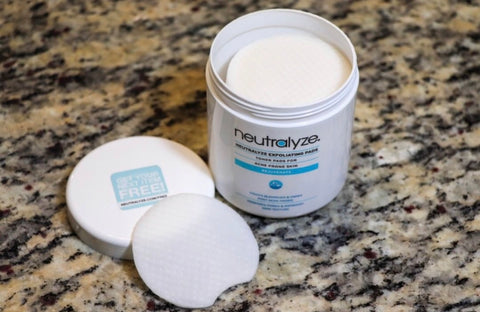How to Overcome Challenges in Today’s Digital Age

Electronic devices and internet connectivity have allowed us to express ourselves, discover new things, and connect with others in ways that seemed unimaginable a decade ago.
Access to various online content is starting early, with 53% of US teens getting their smartphones by age 11, or age seven if you live in the UK. They have replaced digital cameras, allowing us to upload and post images and videos on Instagram, YouTube, Snapchat, TikTok, Pinterest, and Facebook. Meanwhile, streaming services have replaced CDs, DVDs, and other external devices for music and films.
Benefits of Technology
When we speak of technology, we usually think in terms of the platforms we use for the following purposes:
Literacy and Collaborative LearningWebsites and apps help build the knowledge and skills you need to participate in online activities and share this knowledge with others, including for virtual classroom or distance learning settings. The lessons help you make sense of the world and the people around you.
Problem-SolvingVarious games teach you to think independently as you aim to defeat opponents, collect points for either yourself or with other team members, and strive to rise to the next level.
Mental WellbeingTechnology makes it fast and easy to communicate our ideas or emotions and engage with family and friends—whether it's through Twitter, online messaging, forums, or games—giving you a sense of belonging or a venue to promote an advocacy.
It can also help you relax and entertain yourself. Finding other netizens with whom you share a common ground allows you to form friendships with diverse people, including people who may live outside your country.
CreativityOnline tools are available for learning more about and honing your interests. Platforms like YouTube, TikTok, and Tumblr also provide a stage for showcasing user-generated content, whether it's something you create or do online or in the physical world.
The Dark Side of Tech
With the average US teen spending 7.5 hours to nearly 10 hours—if you'd include time for schoolwork —on their mobile devices daily, many parents and adults worry about young people becoming addicted to technology.
Some experts believe the mental health challenges that teens face today are only linked to their phone and social media habits and don't cause them. Nevertheless, they're worth looking into and being taken seriously. See if you can relate with any of these challenges:
Constant DistractionBeing "always on" is usually driven by FOMO or the fear of missing out. You'd rather be distracted than feel anxious or become isolated due to missing the latest post or conversation on social media. However, FOMO can also lead to depression when you become envious of the seemingly more exciting lives of your friends and acquaintances, based on their updates.
ComparisonThe natural tendency to compare yourself with others can make you selective about what to post online. You might avoid sharing bad news or any information that will make others think less of you.
The focus on "perfect" physical appearance online also impacts body image and self-esteem. Young people can become victims of online harassment because of their physical appearance. If you suffer from teen acne, you may have turned to vanity apps like Facetune, Retouch Me, and YouCam Perfect to conceal your blemishes, asked someone to remove a photo of you where you had acne, or stayed off social media altogether.
Fewer Face-to-Face Interactions and IsolationYou may feel detached from friends who are glued to their phones. At the same time, when you become attached to social media or your gaming console, your family members and friends might have a hard time having an actual conversation with you.
Cyberbullying and TrollingSome people threaten or criticize others online as they feel safe "behind the screen." They may even send or share images and videos to embarrass others. When you're the target, you become the subject of online gossip and hurtful online messages through trolling and cyberbullying.
Cyberbullying can cause stress, anxiety, depression, and in extreme cases, suicidal thoughts, especially when bullies threaten to hurt you or someone close to you if you report their actions.
Pornography, Violence, and ScamsYou can be exposed to aggressive or sexual comments and images while interacting with strangers. Some pedophiles or sexual predators pretend to be teens so they can get more information and contact you offline. Others don't lie about their age but sound sympathetic and flattering. They also try to appeal to your interest in adventure and romance.
Meanwhile, scammers rip you off by promising to deliver luxury goods at cheap prices that never reach you. They may also ask you to pay a fee for a "free service" on your cell phone or a "deposit" to join a competition or apply for a scholarship or employment.
Poor Sleep Quality and LazinessWhile some apps can help you unwind and prepare for bed, you can end up staying up longer than you planned because a random video caught your fancy or you got stuck in a chat after deciding to check your social media "one last time." Sleep deprivation can affect moods, general mental clarity, and academic performance.
Less sleep means less energy, which can make you feel lazy.
Becoming Responsible Netizens
The pressures that come with owning electronic devices are real, with reports showing that 68% of youth suffering from online harassment experience mental health issues.
To stay as safe as possible online, recognize your rights and responsibilities as a digital media user. Here are some steps you can take:
Practice respect.Don't say or do anything online that you wouldn't do face to face. Avoid posting mean and vengeful content. Think ahead about how your activities will affect yourself and others you know. When you receive or read something that speaks against you or people close to you, remember to stop, think, and review what you've read so you won't reply or comment impulsively.
Protect your privacy and that of others.Don't share your passwords with anyone. Be careful about sharing personal information like your mobile number, home address, and credit card number. Turn off location settings on your devices. When in doubt, get advice, especially when you doubt the identity of the person who wants information from you or asks you to do something in exchange for a product, service, or favor.
Audit your social media feed.As mentioned earlier, perfection is only an illusion. People can pose and use photo-editing tools to depict who they want to be over the internet. You can unfollow people or hide posts, comments, and tweets that make you feel envious, inferior, or depressed.
If you struggle with acne or other skin conditions, you might find support from the social media movement called #Skinpositivity, which promotes self-acceptance and redefining beauty and happiness.
Plan your bedtime.Do your best to sleep at the same time every night. Set an alarm that will remind you to stop using your electronic gadgets 30 minutes to an hour before going to bed. Try not to use your bed for studying, texting, and video watching.
If you still can't fall asleep in 20 to 30 minutes, try reading a book (but not on your phone or laptop) until you become sleepy. Avoid playing, snacking, drinking alcohol, or exercising to put yourself to sleep.
Don't use social media as a security blanket.Think several times before soliciting comfort or advice from people you barely know online. Instead, reach out to your siblings or parents when you feel unsafe and insecure. Predators usually attempt to gain your trust by being "there for you" when you feel tired, lonely, and alone.


